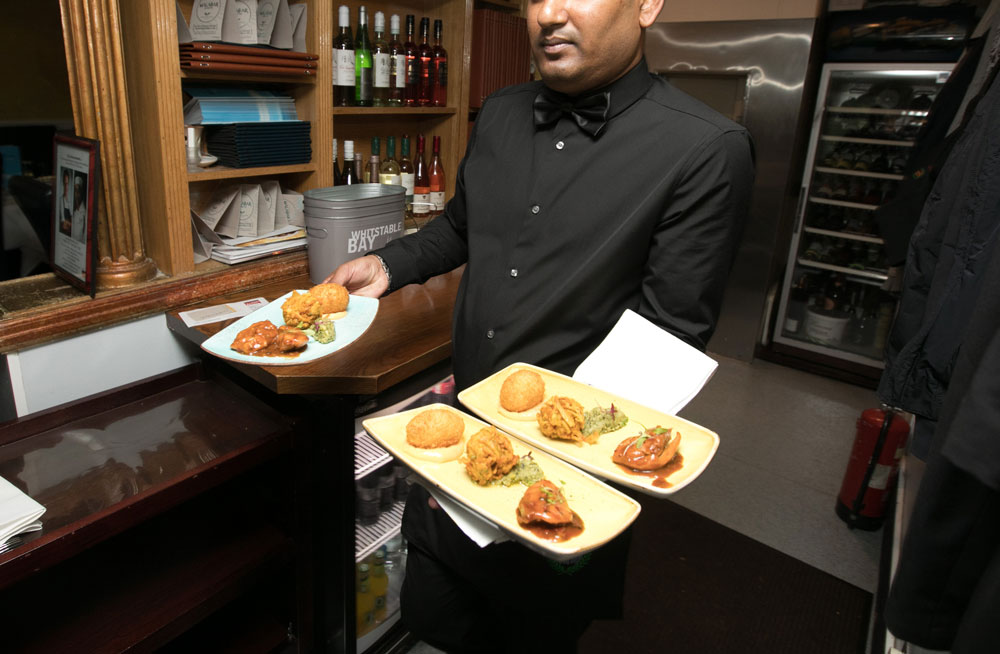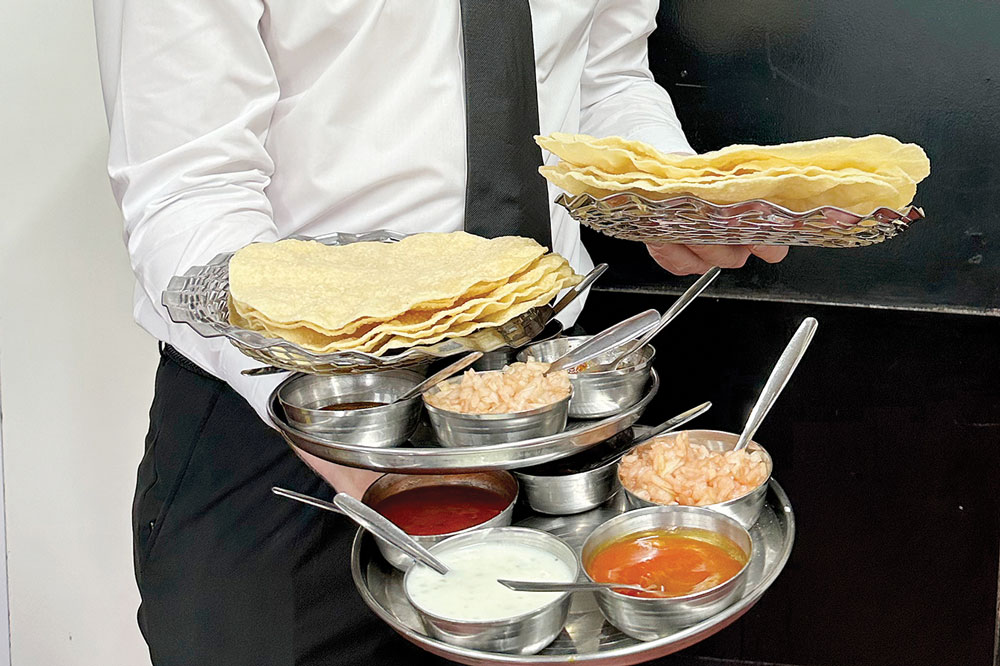
Measures unveiled in the government’s immigration white paper, ‘Restoring control over the immigration systems’, announced in May, are likely to make it harder for hospitality businesses to recruit staff.
The white paper sets out new requirements on employers to boost domestic training, to end the reliance on international recruitment. The main changes include that roles will have to be at graduate level (RQF 6) to qualify for sponsorship, removing around 180 roles from qualifying for skilled worker visas. A new Temporary Shortage List will also be created and new English language requirements will be introduced across a broader range of immigration routes, for both main applicants and their dependants, to ensure a better knowledge of English, including an assessment of improvements over time.
Future impact
While there was no direct mention of the hospitality sector, the impact of these potential new requirements have been met with criticism by those in the industry.
Kate Nicholls, chief executive of trade body UKHospitality said: “These changes will further shrink the talent pool that the entire economy will be recruiting from, and only worsen the shortages hospitality businesses are facing. Around three-quarters of hospitality’s workforce is filled from within the UK but international talent has always been attracted to work in the UK, due to our pedigree for hospitality and developing careers. These critical workers also bring with them a wealth of experience and skills to help further enhance our world-leading hospitality sector.”
She noted that there were 8,500 hospitality visas issued last year, which helped bring in talented chefs and managers of the future and said that around 95% of those would no longer be eligible under the new immigration plans, despite being offered competitive salaries.
“We urgently need to see an immigration system that is fit-for-purpose and reflects both the needs of business and the labour market,” she added. “The system at the moment does none of that.”
Ros Morgan, chief executive of Heart of London Business Alliance, which promotes the commercial and cultural wellbeing of London’s West End, said that businesses in central London have been struggling with staffing shortages for many years, often forced to restrict operating hours and therefore, growth.
“Further tightening of the immigration system will see businesses, particularly in hospitality and retail, struggle even further,” she said. “It will slam the brakes on the ability of these companies to thrive and contribute to the Government’s pledge to grow the economy. Immigration policy should be more focused on the sectors that need it most. At a time when our high streets are crying out for support, we urge the government and Migration Advisory Committee to include these sectors in future shortage occupation lists.”
According to Amy Bennett-Mitchell, senior associate – immigration at law firm RWK Goodman, many of the proposed changes are likely to have a significant impact on the hospitality sector and its ability to recruit overseas workers. She said an increase to the skills threshold, increased costs and tougher English language requirements are all likely to reduce the possibility of sponsorship in this sector.
Surge in sponsorship
Business advisers and law firm TLT said the new skilled worker visa rules won’t apply to those already in the UK on skilled worker visas before the changes come into place.
“They are expected to be able to renew their visa, change employment and take supplementary employment in roles below RQF 6,” it said.”Those applying from overseas or looking to switch category in-country (e.g. graduate visa holders) would have to comply with the new rules when they are in force though. As such, we predict a surge in sponsorship and visa applications (as we saw ahead of the April ’24 changes) by employers and individuals seeking to beat the changes.”
Similarly, it added, those already on skilled worker visas ahead of the changes could become hot targets for recruitment on more favourable terms. TLT urges employers to keep an eye out for consultation opportunities to help shape these reforms.
“If your sector is facing acute labour shortages it will be important to make that known, particularly as the Temporary Shortage List will be shaped around such information,” it said.
Main changes proposed to the immigration system
- The minimum salary needed to get a skilled worker visa will rise from £26,200 to £38,700 next year
- The Shortage Occupation List will be replaced with a new Immigration Salary List
- The Migration Advisory Committee will review the Immigration Salary List against the increased salary thresholds, and will reduce the number of occupations on the list
- The skills level for Skilled Workers will revert to RQF level 6 (the equivalent to a UK Bachelor’s degree). The government estimates that this will reduce the number of eligible occupations by approximately 180, which is likely to impact on hospitality roles
- In an effort to improve integration and community cohesion, the English language requirements for Skilled Workers will increase from B1 to B2 in accordance with the Common European Framework for Reference for Languages (CEFR). This creates a higher language threshold for any potential hospitality applicant
Sources: UKHospitality; RWK Goodman




